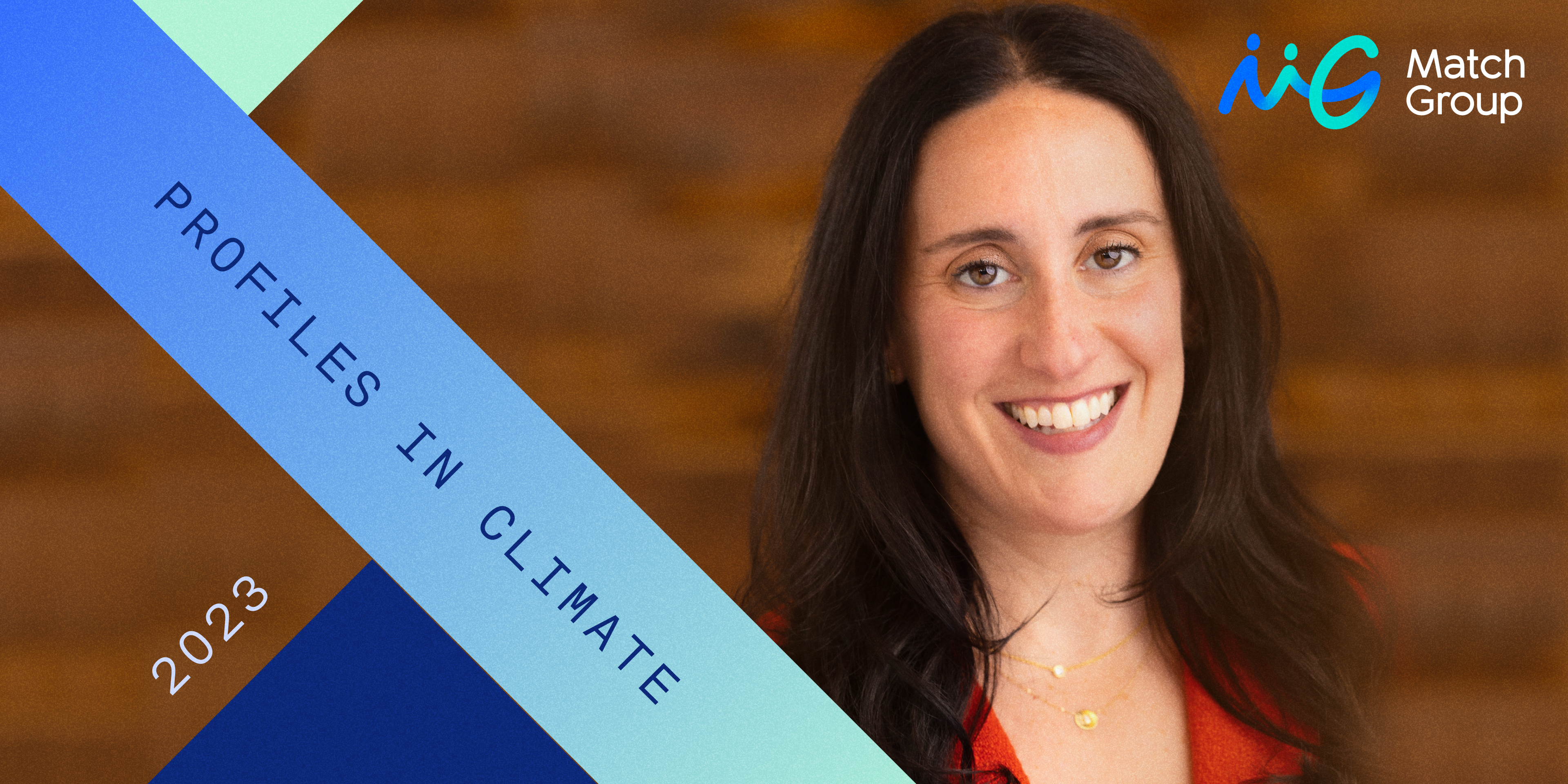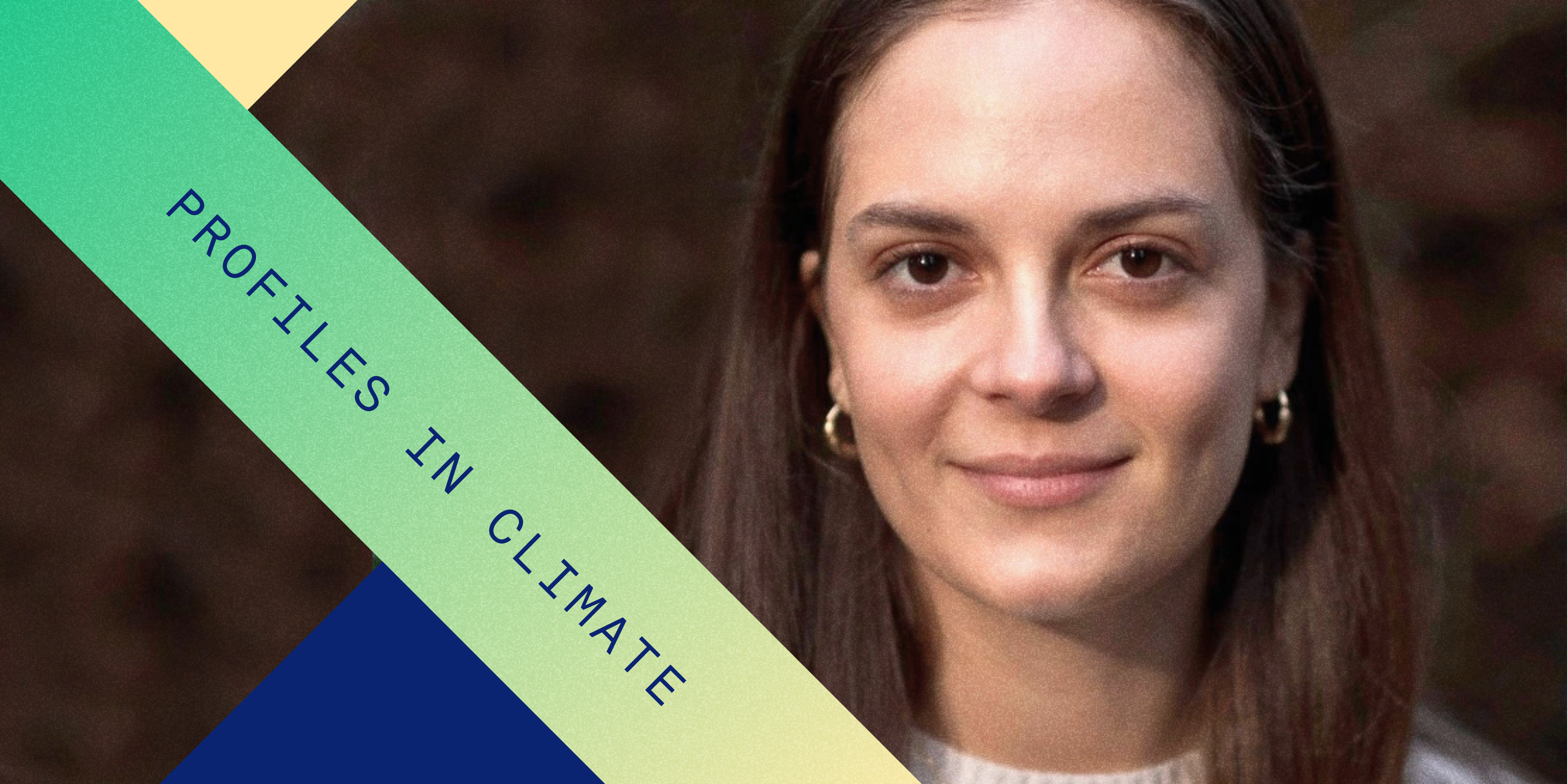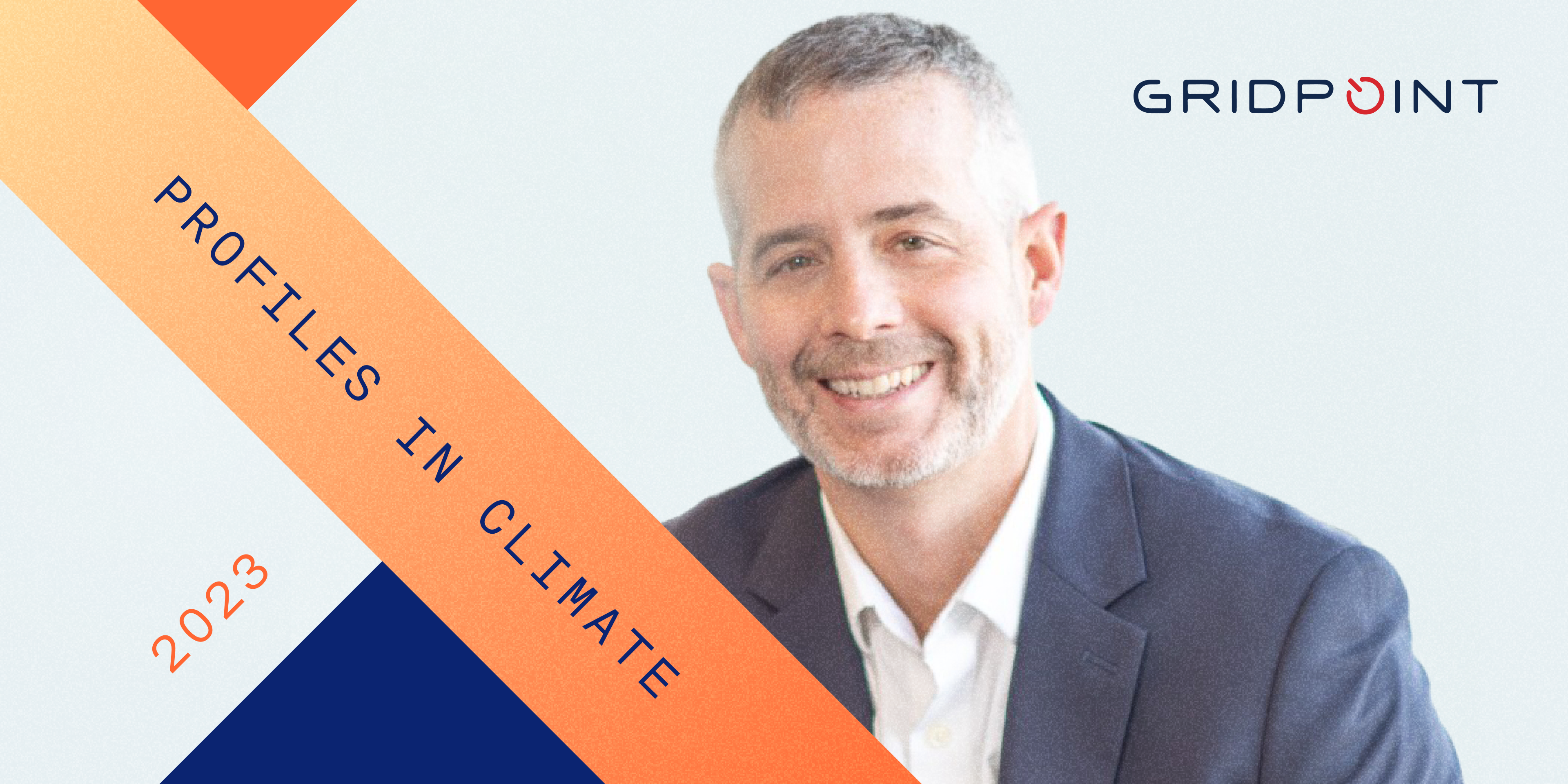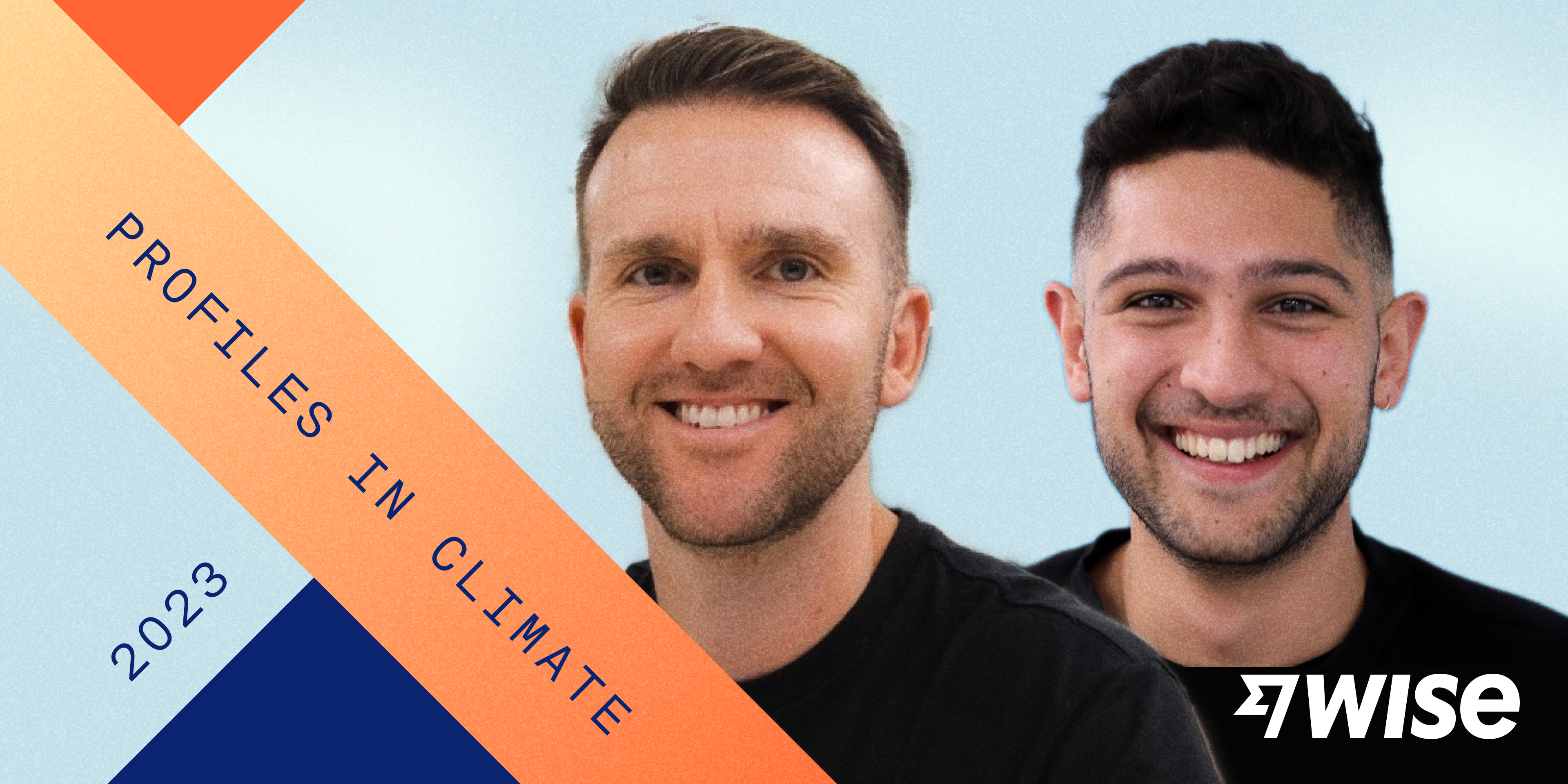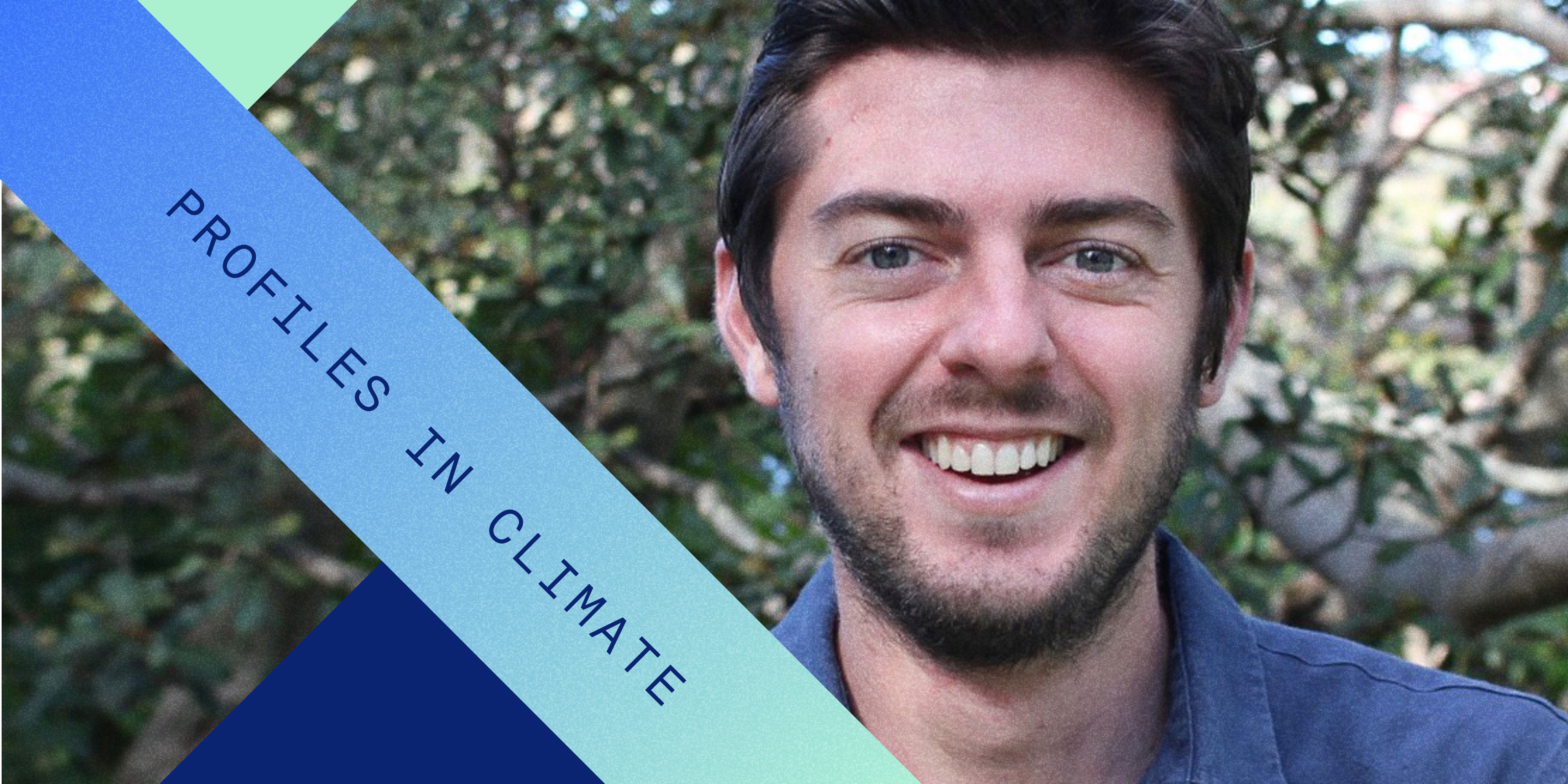Ameet Konkar
Head of Sustainability, Airbnb
I’ve learned: The opportunity on climate is so vast that the key part is identifying how to keep moving the ball forward—breaking big ideas down into concrete next steps so we can take immediate actions that move us toward our goals.
My role: Leveraging existing structures, sustainability has long been part of Airbnb’s history, and remains an important focus for Hosts and guests around the world. My role was created to take our opportunity to the next level, for our company and in partnership with our global community.
I want others to know: Even small individual changes add up when applied to millions of people. When you enter the climate space, it’s easy to look around and say “it’s too big,” “it’s too late,” or “what can I really add.” It’s about our collective power, and that each of us doing our part can make a real difference.

















